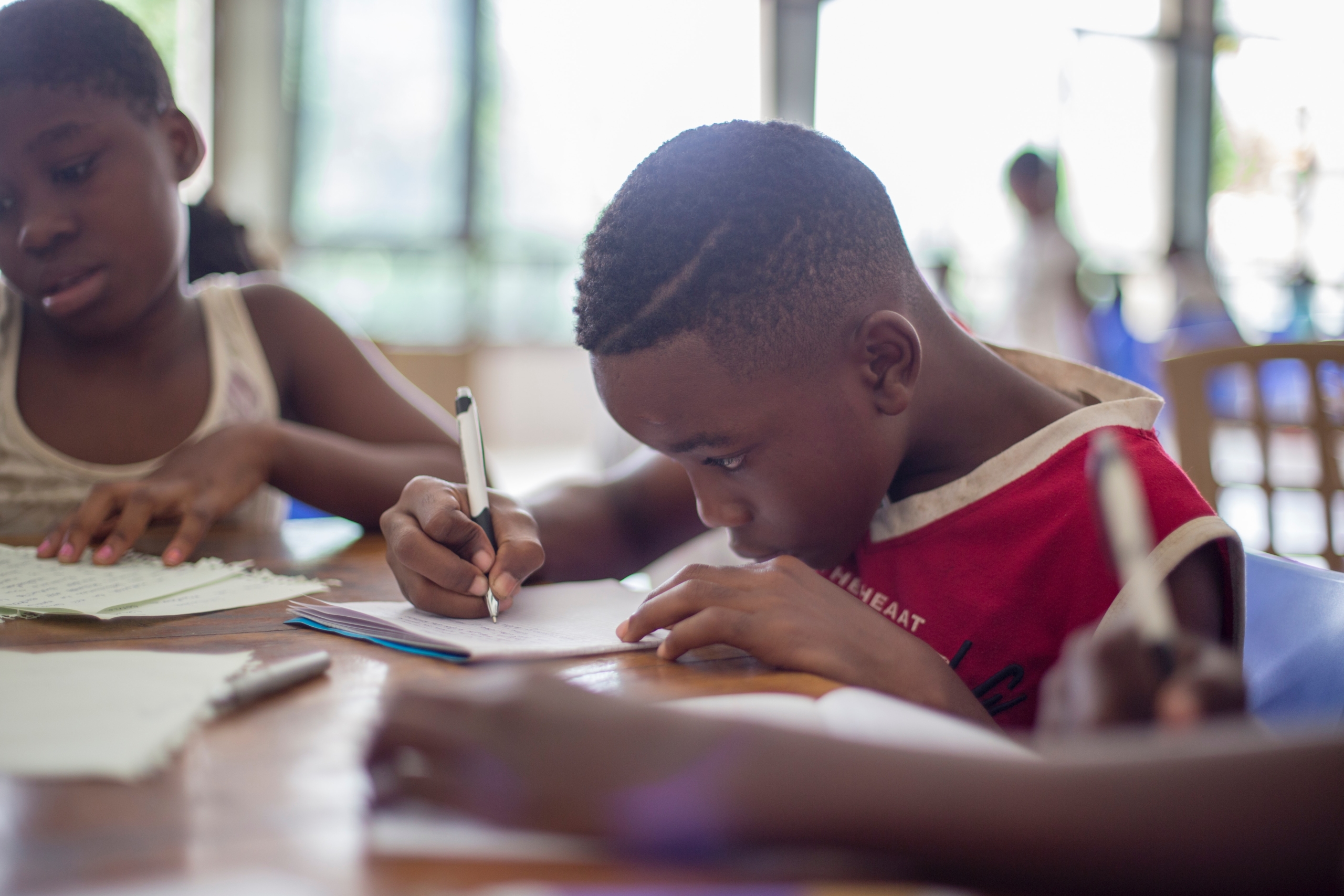Early Education and Its Role in Eradicating Poverty
 Early education is often underestimated, despite being a fundamental cornerstone of learning and development. It offers children a crucial platform to nurture their skills and knowledge from an early age. These skills can prove invaluable throughout their lives, enabling them to access higher-paying job opportunities. Education holds the potential to positively impact lives from an early stage by equipping individuals with the essential tools for success.
Early education is often underestimated, despite being a fundamental cornerstone of learning and development. It offers children a crucial platform to nurture their skills and knowledge from an early age. These skills can prove invaluable throughout their lives, enabling them to access higher-paying job opportunities. Education holds the potential to positively impact lives from an early stage by equipping individuals with the essential tools for success.
A Foundation for a Brighter Future
The impact of education on a child is significant. Research indicates that certain skills can be better learned at the first critical period of brain development, from age 2 to 7. At this age, kids exhibit an accelerated rate of learning. It is crucial to stimulate their minds during this period to unlock each child’s maximal potential. It is evident that further and higher education depends on the right foundation for kids to succeed at higher levels.
Some of the benefits of education at a young age include:
- Healthy brain development.
- Improved social skills.
- Independence.
- Problem-solving skills.
- A smooth transition into higher levels of education.
Equipped with the right tools early on, children are more likely to progress and reach higher intellectual capacities. The right environment and skillset provide a solid groundwork for success — both academically and, eventually, occupationally. In the long term, early education provides the future generation with the necessary skills to acquire both high-quality jobs and higher-paying jobs.
Finally, research shows that children who spend longer in early education have improved educational outcomes in the future. It also shows that high-quality studying particularly benefits children from low-income backgrounds. Investing in children’s education leads to cost savings, as the next generation develops stronger human capital, resulting in a larger pool of productive workers. This, in turn, contributes to overall economic growth.
An End To Generational Poverty
Experiencing poverty as a child means that you are much more likely to be poor in early adulthood. This is the unfortunate truth for many children growing up in developing countries; when families struggle financially, the children feel the effects of the financial burden. With limited financial resources, education is difficult to access. Without it, potential job prospects become hard to acquire, and the cycle of generational poverty continues.
Without early education access, many kids in poverty fall behind their counterparts. This creates a disparity in children’s capabilities, making the job of the teacher difficult to attend to each child’s level and need. The unfair disadvantage some children face is what keeps the vicious cycle going.
To break the cycle of poverty, childhood education plays a crucial role, and improving accessibility is essential. This can be achieved through various school programs and increased investments in education. Quality early education provides children with a strong foundation for learning and better prepares them for higher education, which, in turn, opens doors to higher-paying job opportunities. This process fosters generational change, where individuals who were once affected by poverty gain financial stability, ensuring that the next generation has an improved chance of avoiding poverty and breaking the cycle.
What’s Next?
Access to quality education in the early years holds significant importance for several reasons. Education, knowledge and skills serve as powerful tools in the fight against poverty. Early introduction to education creates opportunities that might otherwise remain inaccessible. Research has consistently shown that high-quality educational programs have the most profound impact on children living in impoverished conditions. By investing in the intellectual growth of our youth, there is hope for a more equitable and promising future.
– Lewis Butcher
Photo: Unsplash
